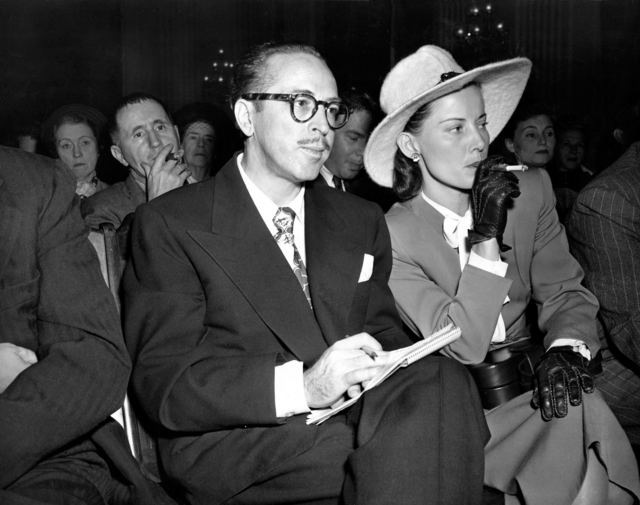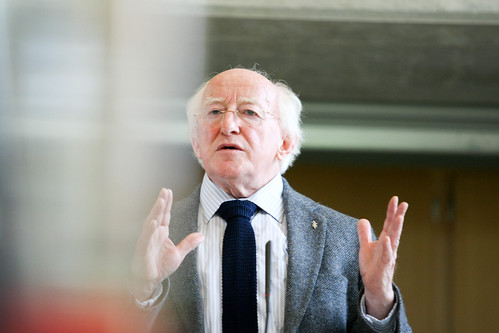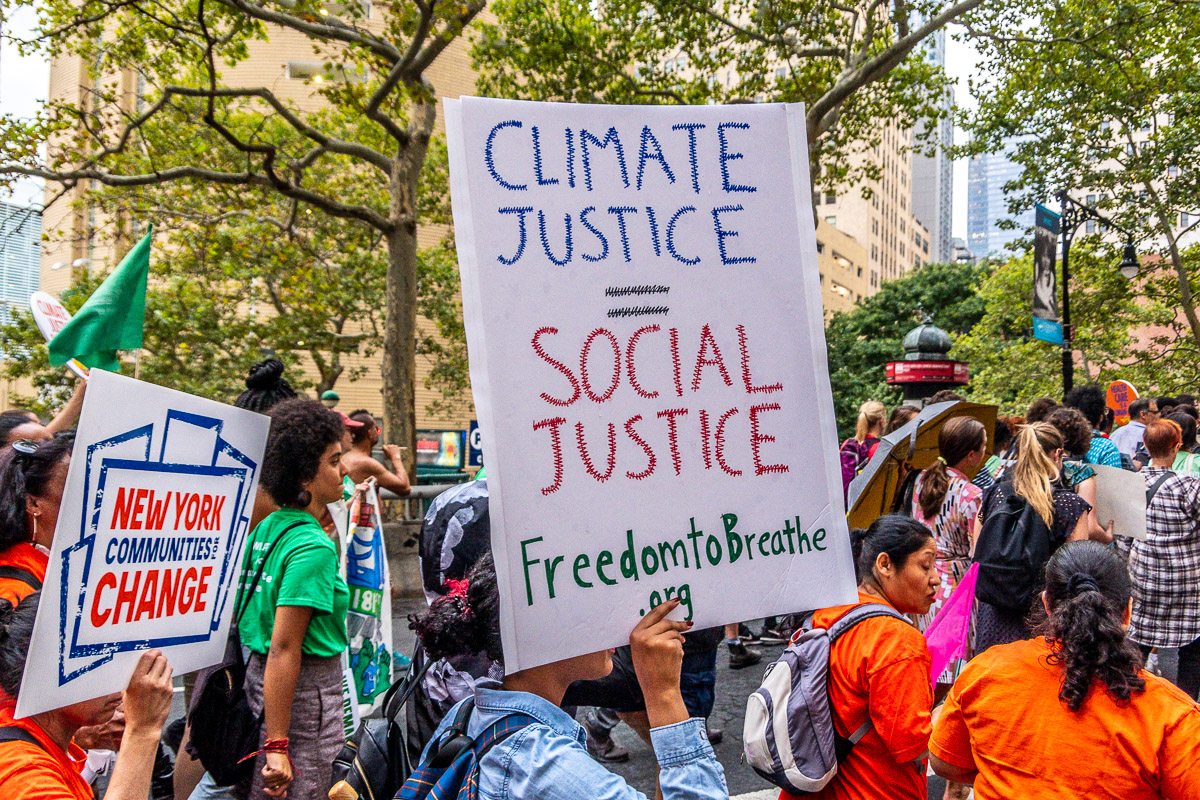Recently, a new type of AI-generated video has been making the rounds. The clips usually follow the same format. A group of (almost always white) teens talk directly to the viewer, reminding them of all the cool things they were doing in the 1980s, 1990s, or early 2000s. Set in colorful environments reminiscent of shows like Stranger Things, these teens hang out in parking lots after dark, wander through cozy-looking malls, or cruise around immaculate suburbia in their vintage cars. The twin towers of the World Trade Center make regular appearances, still standing tall in all their glory. The fake AI-teens all convey a similar message: the past misses you. While you have been lost in a world of phones and social media, “back here” things are still real, kids are still talking to each other and summers never end. You should “just come back”. The teens are blissfully unaware of the realities of those decades: Chernobyl, the AIDS epidemic, the Iraq War or the damage wrought by neoliberalism.
These videos seem to be created mostly by AI content farms or hustle-bros trying to monetize nostalgia. They’re not the product of sincere longing, but a means to boost engagement and make money.
The use of AI to milk nostalgia for attention and clicks feels inevitable. Generative AI is, by definition, a regurgitative technology — it can’t truly invent anything new. It is always rooted in reinterpretations of the past, remixing information that already exists: recomposed, maybe, but never legitimately unique.
As such, AI and large language models are the logical continuation of decades of technologies that have exploited our appetite for nostalgia to harvest data and keep us engaged.
Social media and algorithmic nostalgia
Social media platforms and their algorithms are designed to function as perfectly optimized nostalgia-production machines. Recommender systems work by suggesting content similar to what a viewer has already liked, with the ultimate goal of keeping the user engaged.
Nostalgia triggers a powerful emotional response, which correlates with high engagement (clicks, likes, and shares). It also helps algorithms infer a user’s supposed tastes. If a user likes 1960s psychedelic rock, for example, they will get more of the same style, along with some early-2010s revival of ’60s music, and — why not — an entire AI-generated band of the same genre.
The end goal of this strategy — what nostalgia researcher Grafton Tanner calls retrobait — is to use the lure of nostalgia to persuade users to give up their data.
On the other side of the culture-production machine, artists will create more work that they know might perform better (such as 60s psych rock in this example), thus creating a sort of cultural feedback loop.
The weaponization of nostalgia by Big Tech doesn’t just mine the past—it also actively blurs and distorts it, reshaping history into a perfectly cozy, sellable simulacrum of itself.
This folding of time in on itself is most visible in cinema, with its endless avalanche of remakes, reboots, and sequels to long-dormant “IPs” (in 2024, not a single original film broke the box-office top ten). But the trend has long infected every corner of the culture industry, down to your local rock band trying to make it on Spotify.
Nostalgia in politics
In politics, nostalgia has been a feature of right-wing conservatism for what feels like forever. Nazism was rooted in the Völkisch movement, which was itself trying to oppose modernity by going back to a mythical German past, untainted by the ills of christianity or technological progress.
More recent political phenomena — from Brexit to Trump’s “Make America Great Again”, or the AfD’s Deutschland. Aber normal.— all seem driven by a longing for a long-lost, idealized past.
It has now almost become a meme to call AI the new aesthetic of fascism. Nostalgia has been the aesthetic of fascism for way longer: from the Nazi’s back-to-nature romanticism, to the “Trad Wife” lifestyle; from the 1970s “Hitler-Wave” in Germany, to the AfD-youth considering a Nazi-like eagle for its new logo.
Yet, the leftist critique of nostalgia is too often a shortcut — a simple way to make the other side look like backward idiots, without engaging with the real struggles that animate them.
Nostalgia is a way to declare someone non-contemporaneous, to say that someone—or their ideas, attitudes—belongs to the past. This is what makes the nostalgia charge so suitable for political rhetoric and, by the same token, so bad for political analysis which tends to merely reproduce one’s own political bias.
Tobias Becker, The Politics of Nostalgia
Instead, it’s more helpful to see nostalgia as a valid articulation of loss: our way of emotionally expressing that something is wrong. Of course, this feeling can easily be exploited by nefarious forces, but it can also be harnessed for revolutionary aims.
Is nostalgia really all that bad?
The term nostalgia was first coined by Johannes Hofer in the seventeenth century to describe the symptoms of Swiss mercenaries stationed far from home who were suffering from a mysterious illness. The word comes from the Greek nostos and algia — meaning “homecoming” and “ache”. Before it became associated with time, nostalgia was understood as a yearning to return home.
At first, nostalgia was regarded as pathological, a new disease for a new world. It was also closely linked to war: during the American Civil War and World War I, nostalgia was frequently diagnosed among soldiers. For a time, the powers that emerged from the Industrial Revolution viewed nostalgia with suspicion. It was seen as a threat to progress—a backward impulse incompatible with the capitalist ethos of endless growth. Later, once it became clear that no one was actually dying from nostalgia, capitalism realized it could be used to sell. Nostalgia soon became a prominent feature of marketing campaigns around the world.
Psychologists mostly agree that nostalgia is a bittersweet — but predominantly positive — emotion that arises when people feel a lack of meaning, when they are displaced and lost. It often accompanies periods of rapid social change. In a capitalist society, where change seems less like a smooth flow and more like a constant, battering storm, nostalgia is ever-present.
Nostalgia is both an unavoidable emotional reaction to the reckless missions of capitalism and an emotion often induced to justify them.
Grafton Tanner, The Hours Have Lost Their Clock
But are we too hard on nostalgia? The left has historically viewed nostalgia as an inherently conservative — and therefore right-wing — impulse: the opposite of radicalism. This presents a paradox, as the left has often longed for a time before, sometimes naively, and occasionally in racist terms: before money, before urbanization, before hierarchy, before “civilization.”
Although nostalgia has largely been antagonized by the mainstream left, it has assumed a far more significant role for activist groups seeking to reclaim their cultural identity from colonial domination. Here, nostalgia is not an empty, AI-generated husk draped in stylish ’80s cool; it is a powerful tool used by activists to relocate and revive a culture that was violently taken from them. Nostalgia points to what has been lost: communal bonds, rootedness, and shared history. Recognizing these losses strengthens critiques of capitalism and modern alienation.
Taken in this way, nostalgia can be a powerful instrument for anti-capitalist struggles. It can be used to remember elements of the past that are genuinely worth being nostalgic about — such as a functioning social safety net, a rich local culture, or a time when capitalism didn’t seem like the only available option. Nostalgia, then, can be used to weave a new narrative that counters the “official” storytelling of capital.
The breakdown of narrativity in a culture, group, or social class is a symptom of its having entered into a state of crisis. For with any weakening of narrativizing capacity, the group loses its power to locate itself in history, to come to grips with the necessity that its past represents for it, and to imagine a creative, if only provisional, transcendence of its ‘fate’.
Hayden White, Getting out of History
In his latest book, Foreversim, Grafton Tanner takes something of a U-turn from his previous works about the weaponization of nostalgia. He argues that what we are seeing is not a world gorging on nostalgia, but a system still pathologizing it. In this reading, what Disney, Trump or the AfD are doing is not serving us more nostalgia, but trying to alleviate the nostalgic “disease” altogether by offering a constant presentism. After all, how can we be truly nostalgic for Star Wars if a new Star Wars movie comes out every year?
Whatever we think of the current use of nostalgia by capitalists — whether as a numbing agent for the masses or as a disease to be fought — there is no doubt that a certain form of nostalgia can be restorative.
The past has to be continually re-narrated, and the political point of reactionary narratives is to suppress the potentials which still await, ready to be re-awakened, in older moments.
Mark Fisher, Acid Communism
The question, then, is how to incorporate nostalgia into leftist thinking. On the one hand, it seems vital to resist being numbed by the consumerist, racist nostalgia weaponized by social media algorithms, AI companies, and fascists. On the other hand, there may be much to gain from embracing a form of progressive nostalgia — one that helps us value past struggles, question the illusion of capitalism as the inevitable outcome of history, and remember that it is still possible to forge new paths informed by the potential of the past.




